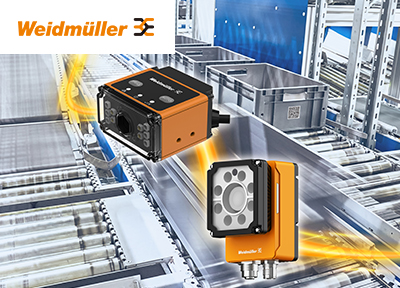In this daily Report from Hannover FairCONTROL ENGINEERING China版权所有, we focus on developing projects and technologies of particular interest to the Control Engineering audience. This report focuses on three new initiatives from the Fraunhofer Institute.
Automated precision and micro-assembly processes
The global manufacturing industries increasingly require flexible automation solutions for handling and assembly processes that are capable of reducing costs and meeting ambitious quality requirements. The Fraunhofer Institute

Fraunhofer Institute efforts aim to improve automated precision and micro-assembly processes.
In response, the Institute is developing a flexible assembly system for various positioningwww.cechina.cn, alignment and joining operations控制工程网版权所有, enabling the automated assembly of micro-optical systems.
The IPT system includes sensor-based alignment modules with miniaturized grippers and integrated adjusting axes for multiple degrees of freedomwww.cechina.cn, which make it possible to compensate for positioning errors and enable conventional, cost-efficient handling devices to align components with high degrees of accuracy. Scientists at the Institute are creating pallets, magazineswww.cechina.cn, and containers for micro-components to allow a continuously automatic micro-production, even in multi-company supply chains.
Further research activities are focused on the development of a highly flexible assembly cell consisting of several interlinked robots capable of flexibly applying handling, joining, and measuring equipment. Eventually, the facility will be outfitted with mechanisms of self-optimization, enabling the machine to adapt itself to changing environmental conditions and to optimize assembly processes without human intervention. www.ipt.fraunhofer.de
New directions for future automation technology
The Fraunhofer Institute for Information and D


 在线会议
在线会议 论坛
论坛 专题
专题 工控直播
工控直播 新闻中心
新闻中心 子站
子站 技术
技术 社区
社区


 2026具身智能机器人电子制造应用研讨会
2026具身智能机器人电子制造应用研讨会.jpg) 福禄克六大“法宝”帮您搞定过程仪表校准难题
福禄克六大“法宝”帮您搞定过程仪表校准难题 中控时间序列大模型TPT免费有奖体验
中控时间序列大模型TPT免费有奖体验 爱德克SE2L进阶版安全激光扫描仪有奖预约演示
爱德克SE2L进阶版安全激光扫描仪有奖预约演示 剑维软件电子半导体行业白皮书有奖下载
剑维软件电子半导体行业白皮书有奖下载


























